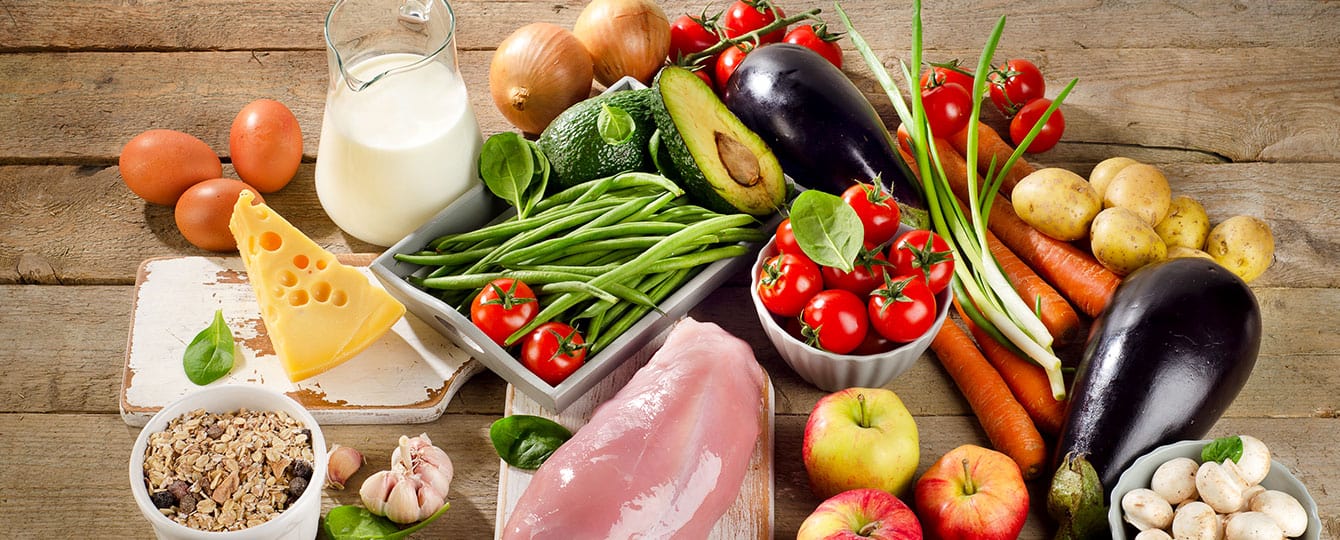In the nutritional realm, fiber might not garner much glamour; however, research hints at its pivotal role, particularly in weight regulation. Found in that humble morning bowl of bran, fiber could be the discreet ally in maintaining a leaner physique. Fiber, an indigestible portion of plant material, bypasses our small intestine only to arrive in the colon, where it engages in an array of advantageous biological mechanisms.
Crucially, fiber aids in weight control, both by its direct influence and its ability to mitigate factors that often encourage weight gain. Distilled into two primary forms—insoluble and soluble—each variety contributes uniquely to weight management, according to reports DailyMail.
Insoluble fiber, the indigestible part of plant food often found in fruit peels and whole grains, plays a role by slowing digestion, which in turn tempers the release of glucose, resulting in a more measured, sustained energy supply. According to Laura Southern, a nutritionist with London Food Therapy, this process is instrumental in curbing cravings by stabilizing blood sugar levels, reducing the urge for sugary foods, and lowering the risk of consistently high blood sugar—a common precursor to insulin resistance and diabetes.
Emerging studies lend further credence to fiber’s role in weight loss. In one study observing 43 participants over a three-month period, those who adhered to a high-fiber diet saw more significant weight reductions than the control group, despite comparable caloric intake. Another study, led by Professor Tim Spector, a nutrition expert and founder of the ZOE diet app, discovered that participants consuming high-fiber diets produced lower levels of isoUDC, a bile acid associated with increased appetite. Professor Spector attributes this finding to the fiber-fortified support of the gut microbiome—a bustling community of beneficial bacteria that plays a transformative role in metabolic health and weight management, offering a non-invasive avenue for obesity reduction.
Soluble fiber, commonly sourced from foods like oats, differentiates itself by forming a gel-like consistency in the digestive tract upon hydration. Beyond softening stools, this gel provides ample nutrition to gut bacteria, which in turn yield hormones like leptin, promoting fullness, and glucagon-like peptide-1 (GLP-1), an appetite suppressant. Remarkably, GLP-1 operates similarly to semaglutide, the active agent in popular weight-loss drugs like Ozempic and Wegovy. Notable soluble fiber sources, such as oats, rice, and mushrooms, are particularly rich in beta-glucan. A recent rodent study highlighted beta-glucans potential, showing that those on a supplemented diet displayed mitigated weight gain and healthier blood sugar levels, as per DailyMail.
For those seeking additional fiber, whole foods—especially fruits, vegetables, and whole grains like brown rice—remain rich sources, but supplements offer a practical alternative. Psyllium, derived from the husks of the psyllium plant, provides both soluble and insoluble fiber, making it particularly versatile. Coined as a “natural Ozempic” by American physician Dr. Enaka Yembe, psyllium garnered popularity on social media earlier this year. While studies suggest it may aid in weight loss, nutritionists caution that it is not a stand-alone solution and still requires adherence to dietary changes.
Despite fiber’s multifaceted health benefits, including diminished risks of diabetes, heart disease, cancer, and Alzheimer’s, the majority fall short of recommended daily intake levels. Current data from the British Dietetic Association indicates that the average Briton consumes just 18g of fiber per day, far below the NHS’s 30g recommendation. Additionally, industry figures show fewer than 10 percent of adults meet this target, according to DailyMail.
However, moderation is key; sudden, excessive fiber intake may result in discomfort, particularly bloating. Southern notes, “A sudden influx of fiber can leave you feeling uncomfortable; it’s a process of adaptation for the gut.”





